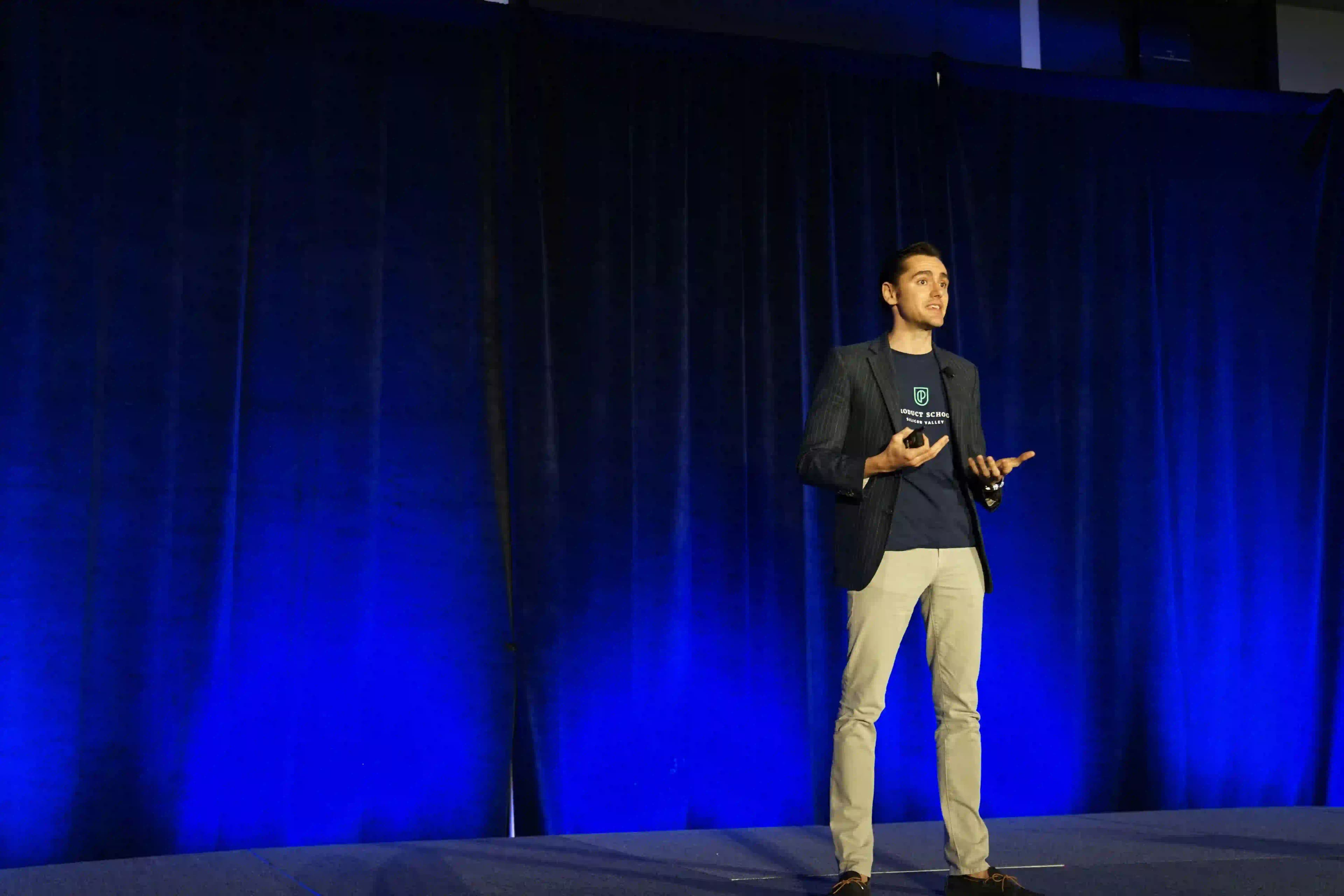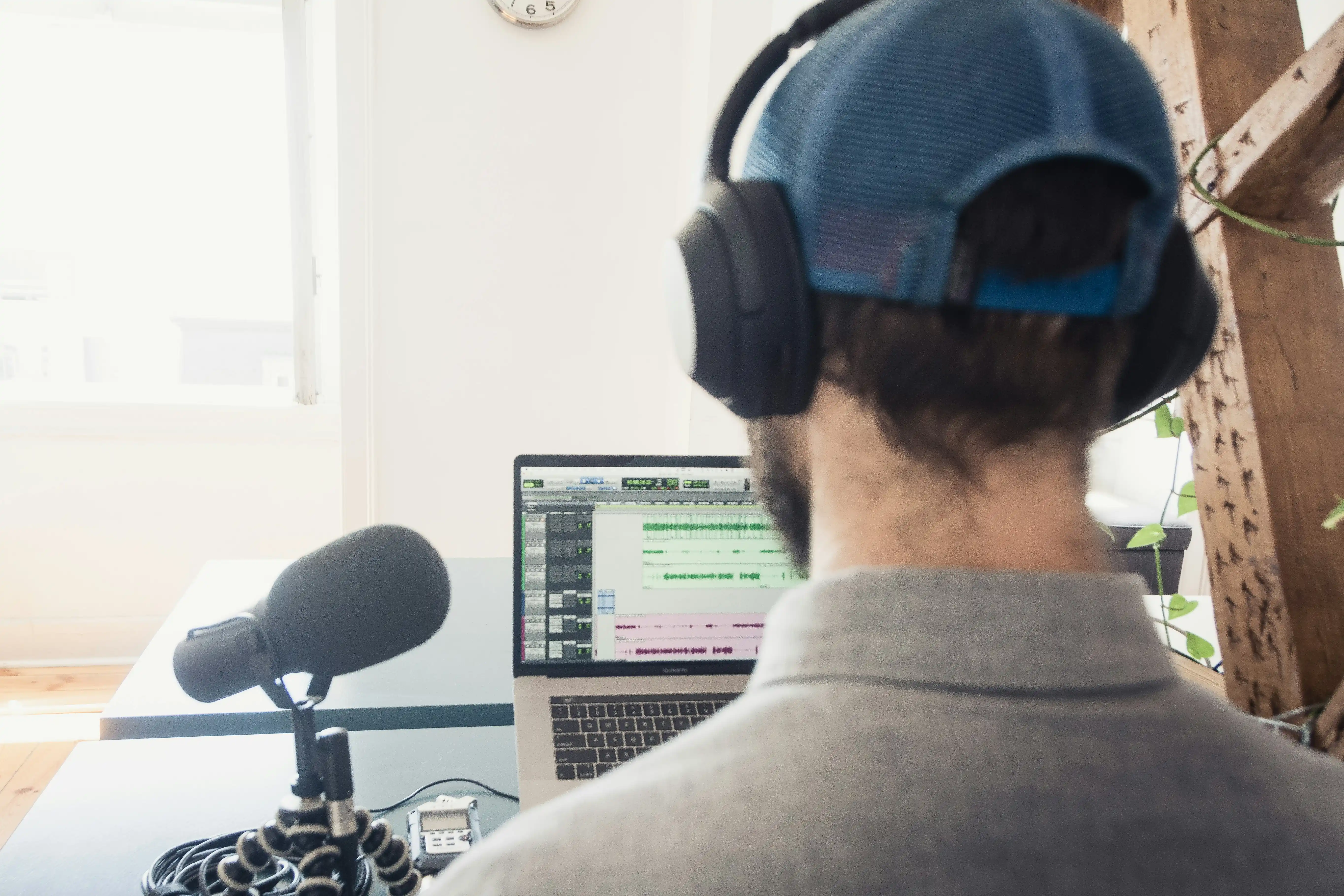
The Career-Changing Power of Pausing (And No, I Don't Mean Cat Videos)
Advertisement
Why Pressing Pause Might Be Your Best Career Move
After 15 years as a recruiter, management consultant, and career coach, I've discovered something counterintuitive: the most productive people aren't always the ones moving fastest. In fact, I'd argue that strategic pauses – those little moments where you stop before reacting – might be the single most underrated career tool out there.
The Myth of Constant Hustle
Here's the thing – we're all drowning in this cultural obsession with grinding harder, working longer, and pushing through exhaustion like it's some badge of honor. And look, I get it. There's nothing quite like that "I just crushed two days' work before lunch" feeling (been there, loved that). But what if I told you those breakthrough moments actually become more frequent when you... pause?
Not a Netflix pause. Not a social media scroll pause. A real, intentional moment where you:
- Breathe before hitting send on that email
- Wait three seconds before answering an interview question
- Sit with discomfort instead of immediately reacting to criticism
The Magic Happens in the Gaps
When I finally started practicing this (embarrassingly late in my career, by the way), everything changed. Those micro-pauses became this incredible reset button – suddenly I was making better decisions, communicating more clearly, and honestly? Feeling way less burnt out.
The beautiful paradox? The more you practice pausing, the less time you actually need to pause. Your instincts sharpen. Your responses become more authentic. But here's my plea: don't abandon the practice entirely once you get good at it. Modern work life is brutal on our nervous systems – we need these little islands of stillness.
The Transformative Power of Pausing
Let's be honest, modern work culture glorifies constant motion. We wear busyness like a badge of honor, measuring our worth by how many tasks we crush before lunch. But here's what nobody tells you: The most strategic professionals aren't the ones moving fastest, they're the ones who've mastered the art of standing still.

Why Your Brain Craves Pauses
Neuroscience shows our prefrontal cortex, the decision-making powerhouse, functions like a muscle. It fatigues after continuous use. Ever notice how your 3pm emails sound slightly more... aggressive? That's decision fatigue in action.
The magic happens in those micro-pauses:
- Before hitting send: Is this email conveying what I truly mean?
- In meetings: Letting someone finish their thought completely changes group dynamics
- During negotiations: Silence becomes your most powerful bargaining tool
| Situation | Typical Reaction | Paused Approach |
|---|---|---|
| Tough question in interview | Rambling answer to fill silence | "Let me think about that for a moment..." (then deliver crisp response) |
| Angry client email | Defensive reply within minutes | 24-hour rule (sleep on it, respond fresh) |
| Last-minute deadline request | Automatic "yes" creating burnout | "Let me check my priorities and circle back in 10" (then negotiate realistically) |
The Hidden Benefits You're Missing
Beyond avoiding career landmines, pausing delivers unexpected gifts:
1. Your intuition gets a voice. That gut feeling about the flawed data? The creative solution that pops up during your coffee break? Those insights only surface when you stop the mental treadmill.
2. You regain emotional control. Ever regretted an outburst in a meeting? Pausing creates space between stimulus and response, where your professionalism lives.
"But I don't have time to pause!" Here's the paradox: The busier you are, the more pauses you actually need. Think of them as strategic pit stops - losing two minutes to gain twenty in saved mistakes.
Crafting Your Personal Pause Practice
The beauty? There's no wrong way to pause. Try these variations:
- The "Elevator Breath" technique: Inhale for 4 counts when someone asks a tough question (buys processing time while looking thoughtful)
- The "Walking Pause": Saying "I'll get back to you after my walk" often solves problems before you return
- The "Weekend Reset": A true digital detox from Friday night to Sunday morning reboots creativity better than any productivity hack
(Pro tip: If saying "I need to think about this" feels uncomfortable at work, try framing it as "I want to give this the attention it deserves - let me review and circle back by EOD.") Professionalism with built-in pause!
The Transformative Power of Pausing
Let's be honest - modern work culture celebrates constant motion. We wear busyness like a badge of honor, glorifying packed calendars and overflowing inboxes. But here's what nobody tells you: the most strategic professionals aren't those moving fastest, but those who've mastered the art of intentional stillness.

Why Your Brain Craves Pauses
Neuroscience shows our prefrontal cortex - the decision-making powerhouse - functions like an overtaxed muscle. Without recovery periods, we default to reactive thinking. Ever sent an email you immediately regretted? That's your exhausted brain running on autopilot.
The magic happens in that tiny gap between stimulus and response. When you:
- Pause before replying to a challenging message
- Breathe before answering an interview question
- Step back before reacting to frustrating feedback
...you create space for your best professional self to emerge.
The Three Types of Career Pauses
Not all pauses serve the same purpose. Through working with hundreds of professionals, I've identified three distinct varieties:
- The Micro-Pause (5-30 seconds): That intentional breath before speaking in meetings or pressing send. These add up to create daily mindfulness.
- The Strategic Pause (5 minutes - 1 hour): Walking away from a complex problem before solving it. Some of my clients keep a "pause notebook" for these moments.
- The Reset Pause (1 day - 8 weeks): Deeper reflection periods for career crossroads. These require more structure but yield transformative clarity.
The beauty? You don't need special training to start benefiting from pauses today. Try this simple exercise next time your phone rings: let it go to voicemail, take three deep breaths, then listen with full attention. Notice how differently you respond.
Shattering the Productivity Myth
A common fear holds professionals back from pausing: "If I stop, I'll fall behind." Ironically, the opposite proves true. Brief pauses actually increase output quality while reducing errors. Think about:
- The rushed presentation draft requiring hours of revisions versus the version created after a coffee break walk
- The impulsive job application versus the tailored one sent after reflection
- The reactive meeting comment versus the insightful point made after listening fully
Tempo matters more than speed. Like musicians, top performers understand rhythm - when to play and when to rest makes all the difference.

The most surprising benefit? Pauses build professional presence. That colleague who always seems composed under pressure? They've likely mastered this exact skill. Their secret isn't having all the answers - it's giving themselves permission to find them thoughtfully.
The Transformative Power of Pausing
Here's something most career advice gets completely wrong: speed isn't always your friend. In our always-on work culture, we're conditioned to respond instantly, react immediately, and produce constantly. But what if I told you that some of my biggest career breakthroughs came not from moving faster, but from consciously slowing down?

Why Your Brain Needs Breaks
Modern workplaces are essentially cognitive obstacle courses. Between back-to-back meetings, overflowing inboxes, and constant notifications, our brains never get the downtime they desperately need to function at their best. Here's the paradox: when we pause strategically, we actually become more productive in the long run.
Think about the last time you had a brilliant idea, chances are it didn't come while you were staring at your computer screen. More likely it struck in the shower, during a walk, or right as you were falling asleep. That's your brain finally getting the space it needs to do its best work.
The Art of Strategic Pausing
Pausing isn't passive, it's an active career strategy. Here are three critical moments when hitting pause pays dividends:
- Before responding to challenging messages: That email that makes your blood boil? The Slack message that feels unfair? Take five deep breaths before replying.
- During high-stakes conversations: Interviews, negotiations, or tough feedback sessions all benefit from thoughtful pauses rather than rushed responses.
- When making important decisions: Whether considering a job offer or choosing between projects, sleep on it whenever possible.
The beauty is that with practice, these pauses become second nature. What starts as an intentional three-second breath eventually becomes your default operating mode, one where you respond from clarity rather than react from stress.
Avoiding the Productivity Trap
There's a dangerous myth in corporate culture that equates busyness with value. We wear exhaustion like a badge of honor and mistake constant activity for achievement. But here's what I've learned after working with hundreds of professionals: The most effective people aren't those who never stop, they're those who know exactly when to pause.
The next time you feel pressured to reply immediately or push through exhaustion, ask yourself: Will rushing serve me better than responding thoughtfully? Nine times out of ten, giving yourself even thirty seconds of breathing room will lead to a better outcome.
"Pausing doesn't mean stopping, it means creating space for your best thinking to emerge."
Cultivating this habit changed everything in my own career trajectory. From being more present in meetings to making better hiring decisions to handling conflicts with grace, all because I learned the power of that momentary space between stimulus and response.
The Power of Pausing: Your Key to Career Clarity
In the relentless pace of modern work, it’s easy to forget that slowing down can be the fastest way forward. The simple act of pausing, whether before responding to an email, answering an interview question, or making a big decision, gives you the space to reconnect with your instincts and respond with intention rather than impulse. This isn’t about procrastination. it’s about strategic stillness, a moment to breathe, reflect, and realign with what truly matters.
Why Pausing Works
When you pause, you interrupt the autopilot mode that so often dictates our actions. Instead of reacting from stress or habit, you create room for clarity and confidence. Over time, this practice sharpens your judgment, reduces burnout, and helps you show up as your best self, whether in meetings, negotiations, or everyday interactions. It’s a small habit with transformative ripple effects.
The Takeaway
Start small. Try pausing just once today, before hitting send on an email or answering a question. Notice how it feels to step out of the rush and into a moment of deliberate thought. The more you practice, the more natural it becomes. And remember: kindness (to yourself and others) and pausing are the twin pillars of sustainable success. They’re not just career tools; they’re life tools.
The next time you feel pressured to move faster, ask yourself: What would happen if I slowed down instead? You might be surprised by the answers, and the opportunities, that arise.
Advertisement









